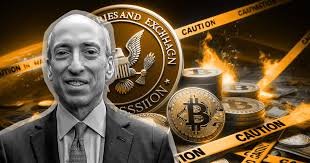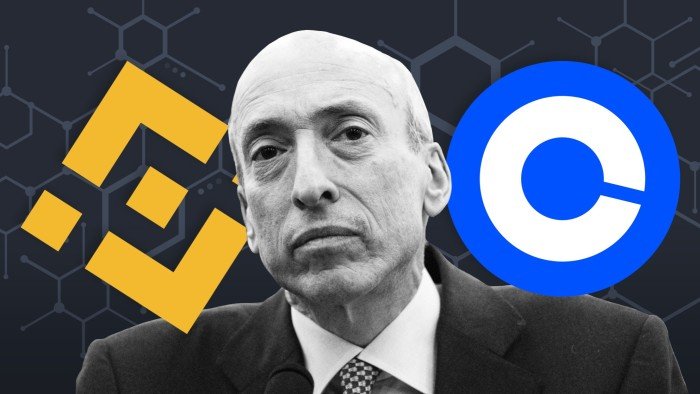Major Changes on the Horizon: From Staking in ETFs to Decentralized Projects on the Stock Exchange

The landscape of cryptocurrency regulation is poised for significant transformation, with innovations like the introduction of staking in ETFs and the debut of decentralized projects on traditional stock exchanges.
However, the future of these proposals hinges heavily on the leadership of the U.S. Securities and Exchange Commission (SEC). If the regulatory framework is not finalized before Trump’s anticipated inauguration, it will fall to the incoming SEC Chairman, Paul Atkins, and his team of commissioners to decide whether to proceed with its implementation, amend it to better align with the crypto ecosystem, or abandon it entirely.
Industry Concerns and Opportunities
The proposed regulations have sparked concern among industry stakeholders. Critics argue that the framework could stifle innovation by imposing burdensome costs on decentralized projects that are designed to operate outside traditional financial models.
On the other hand, some experts contend that clearer regulatory guidelines could enhance investor confidence and establish a baseline level of market protection in the cryptocurrency space. They suggest that balanced regulation may act as a catalyst for mainstream adoption while mitigating risks.

A Legal Shift?
With Paul Atkins at the helm of the SEC, analysts predict a potential shift in the agency’s approach to cryptocurrencies. Notably, there is speculation that the SEC may reduce its reliance on legal actions against crypto firms.
Under former SEC Chairman Gary Gensler, the agency frequently pursued enforcement actions, often targeting crypto projects without demonstrating tangible harm to investors. This punitive approach drew criticism for stifling innovation and prioritizing compliance over constructive engagement with the crypto sector.
Atkins, known for his balanced perspective, may redirect the SEC’s resources toward addressing cases involving actual fraud or practices detrimental to investors. This approach would deprioritize minor regulatory infractions in favor of tackling truly harmful actors within the market.
Nevertheless, ongoing legal challenges will continue to pose difficulties for the SEC, even with Atkins in charge.

A Test Case: DeFi and Regulatory Clarity
One prominent example is the legal battle involving the DeFi Education Fund and the $BEBA token. The case centers on whether the token’s airdrop constitutes a security. Proponents of the token argue that the court should affirm that the airdrop does not fall under securities regulations.
Such cases highlight the tension between the SEC’s traditional regulatory approach and the need for updated, clearer rules tailored to the unique characteristics of the cryptocurrency ecosystem. They also underscore the push for a less punitive, more innovation-friendly regulatory framework, particularly in a rapidly evolving market where existing rules often fail to address emerging complexities.
🫶🫶🫶
as a newbie to crypto i lost alot of money, I would like to express my gratitude to Expert Bernie Doran for their exceptional assistance in recovering my funds from a forex broker. Their expertise and professionalism in navigating the complex process were truly commendable. Through their guidance and relentless efforts, I was able to successfully retrieve my funds of $150,000 providing me with much-needed relief. I highly recommend him on Gmail Berniedoransignals@ gmail . com to anyone facing similar challenges, as their dedication and commitment to helping clients are truly impressive. Thank you, Bernie doran, for your invaluable support in resolving this matter